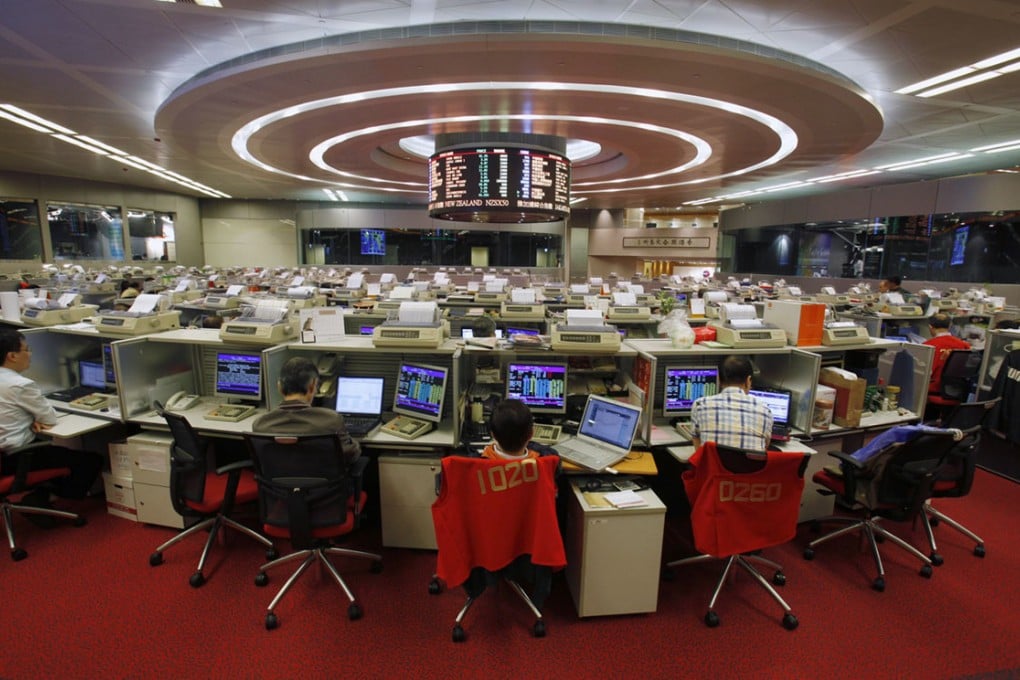HKEx increases night trading hours for futures
Hong Kong exchange increases futures trading hours by 45 minutes in bid to head off regional rivals in the race for bigger share of turnover

Hong Kong Exchanges and Clearing will extend futures trading hours by 45 minutes from today as its rivals in Singapore and Japan also innovate to compete for market share and attract volume from elsewhere.

"In short, exchanges are competing for pieces of a shrinking pie and are taking steps to defend existing market share and to make gains if possible," Ronalds said.
He said stock turnover had been off a bit this year while exchange-traded derivatives were down 23.2 per cent in the first half, which he described as "a decline that's way beyond the pain point".
Hong Kong's futures and options trading was down 4.2 per cent as of June, while that of the Singapore Exchange fell 13 per cent in the same period, according to Futures Industry Association statistics.
Ronalds said another factor was globalisation, which meant investors could now trade anywhere in the world through electronic systems.